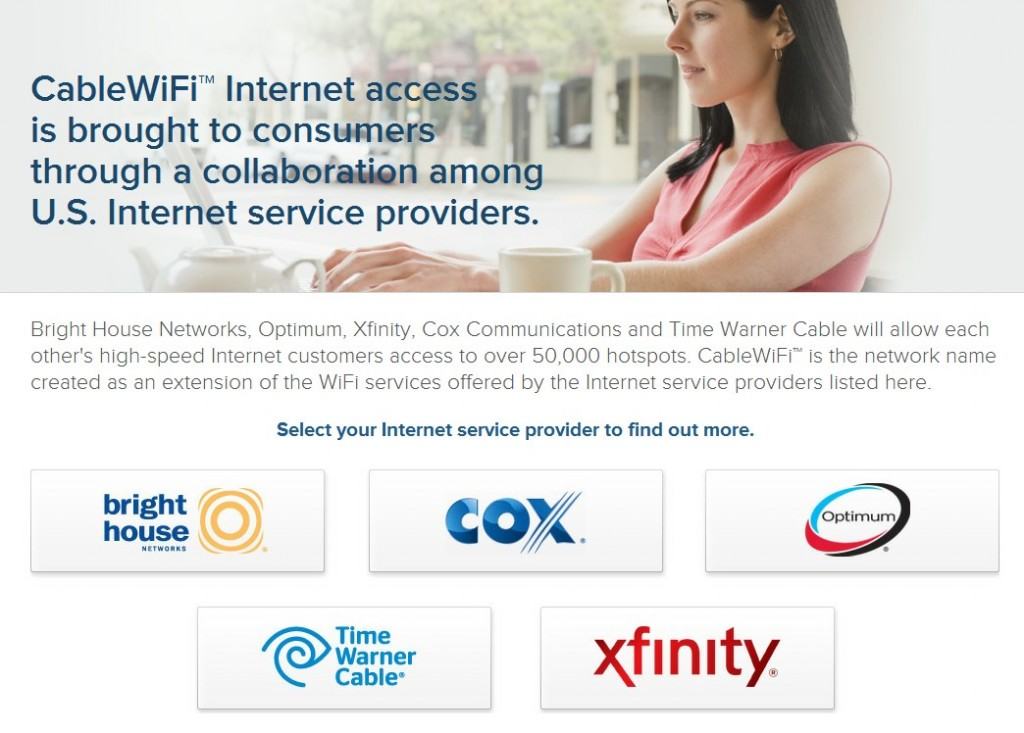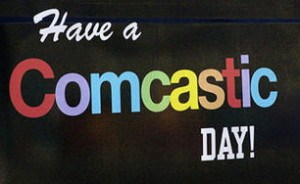 Time Warner Cable and Comcast are facing class action lawsuits filed in California federal court alleging both cable operators retain Social Security numbers, credit card information and contact information after customers stop doing business with the companies.
Time Warner Cable and Comcast are facing class action lawsuits filed in California federal court alleging both cable operators retain Social Security numbers, credit card information and contact information after customers stop doing business with the companies.
The two lawsuits claim Comcast and Time Warner Cable are in violation of the 1984 Cable Communications Policy Act which, among other things, requires cable operators to “destroy personal information when it is no longer needed for the purposes for which it was collected (and there are no pending requests for access).”
According to the plaintiffs, both companies are retaining personal information about their ex-customers indefinitely, and are not sending required annual privacy notices to former customers disclosing this fact.
The CCPA allows individuals to collect $100 for each day the cable company is in violation of the law.
The lawsuit argues that this non-essential information exposes former customers to possible identity theft or illicit action by company employees that could potentially lead to unauthorized charges or account withdrawals.
That fear is not far-fetched. Just two weeks ago, GCI — a cable company in Alaska, found itself contacting at least 400 customers who had their personal financial information stolen by an employee. Some customers were also contacted by their credit card issuers over incidents of unauthorized credit card charges.
[flv width=”512″ height=”308″]http://www.phillipdampier.com/video/KTUU Anchorage GCI Warns Customers of Fraud 5-24-12.mp4[/flv]
KTUU in Anchorage reports a GCI employee accessed cable customer account information to commit identity theft and credit card fraud. (3 minutes)


 Subscribe
Subscribe




